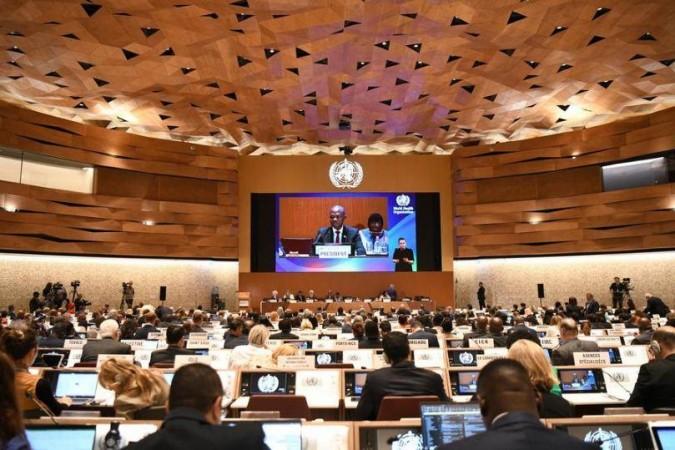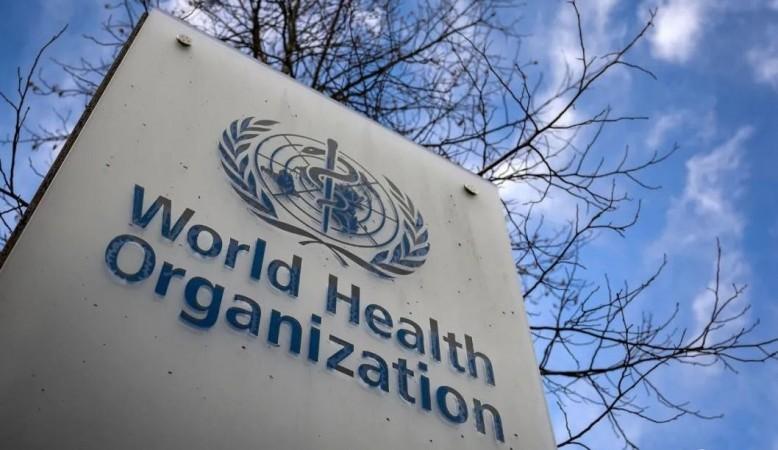
The World Health Organization (WHO) member states have agreed to extend the negotiations over the pandemic agreement for another year. This decision is a significant step towards global health security, allowing for the necessary time to finalize a landmark treaty. The treaty is aimed at combating future pandemics and enhancing preparedness on a global scale.
The Intergovernmental Negotiating Body (INB), established in December 2021, is tasked with drafting the agreement and guiding the negotiation process. The INB's mandate has been extended to deliver the agreement by the next World Health Assembly in 2025, or earlier if possible. A special session of the health assembly in 2024 may also be convened for this purpose.
There was a clear consensus among all member states on the need for a further instrument to help the world better fight a full-blown pandemic, stated INB co-chair Precious Matsoso. This consensus underscores the global recognition of the need for a robust and comprehensive framework to tackle future health crises.
Amendments to International Health Regulations
In addition to the extension of the pandemic agreement negotiations, the World Health Assembly also agreed on a package of amendments to another international instrument, the International Health Regulations (2005) (IHR). These amendments introduce a definition of a pandemic emergency, a move designed to trigger more effective international collaboration in response to a potential pandemic.

The amendments aim to bolster countries' ability to detect and respond to future outbreaks and pandemics by strengthening their national capacities. This includes enhancing coordination between member states on disease surveillance, information sharing, and response.
WHO Director-General Tedros Adhanom Ghebreyesus emphasized the importance of these amendments, stating, Today's strengthening of the IHR provides powerful momentum to complete the Pandemic Agreement, which, once finalized, can help to prevent a repeat of the devastation to health, societies, and economies caused by Covid-19.
Historical Context and Future Implications
The decision to extend the negotiations and the amendments to the IHR represent significant steps towards a more robust global health security framework. However, they also highlight the complex and multifaceted nature of global health governance. The process of negotiating and finalizing the pandemic agreement involves balancing the interests and capacities of diverse member states, each with its unique health infrastructure and challenges.
The current situation echoes past global health crises, such as the H1N1 pandemic in 2009 and the Ebola outbreak in 2014, which exposed gaps in global health security and underscored the need for stronger international cooperation. The ongoing Covid-19 pandemic has further highlighted these challenges, prompting renewed efforts to strengthen global health governance.
The extension of the pandemic agreement negotiations and the amendments to the IHR are part of these efforts. They reflect a shared understanding among WHO member states of the need for a comprehensive and effective framework to prevent, detect, and respond to future pandemics.
As the world continues to grapple with the ongoing Covid-19 pandemic, the extension of the pandemic agreement negotiations and the amendments to the IHR underscore the urgent need for a robust global health security framework. As the negotiations continue, it is crucial that this shared understanding translates into a pandemic agreement that is robust, inclusive, and capable of safeguarding global health security in the face of future health crises. The world is watching, and the stakes could not be higher.

















